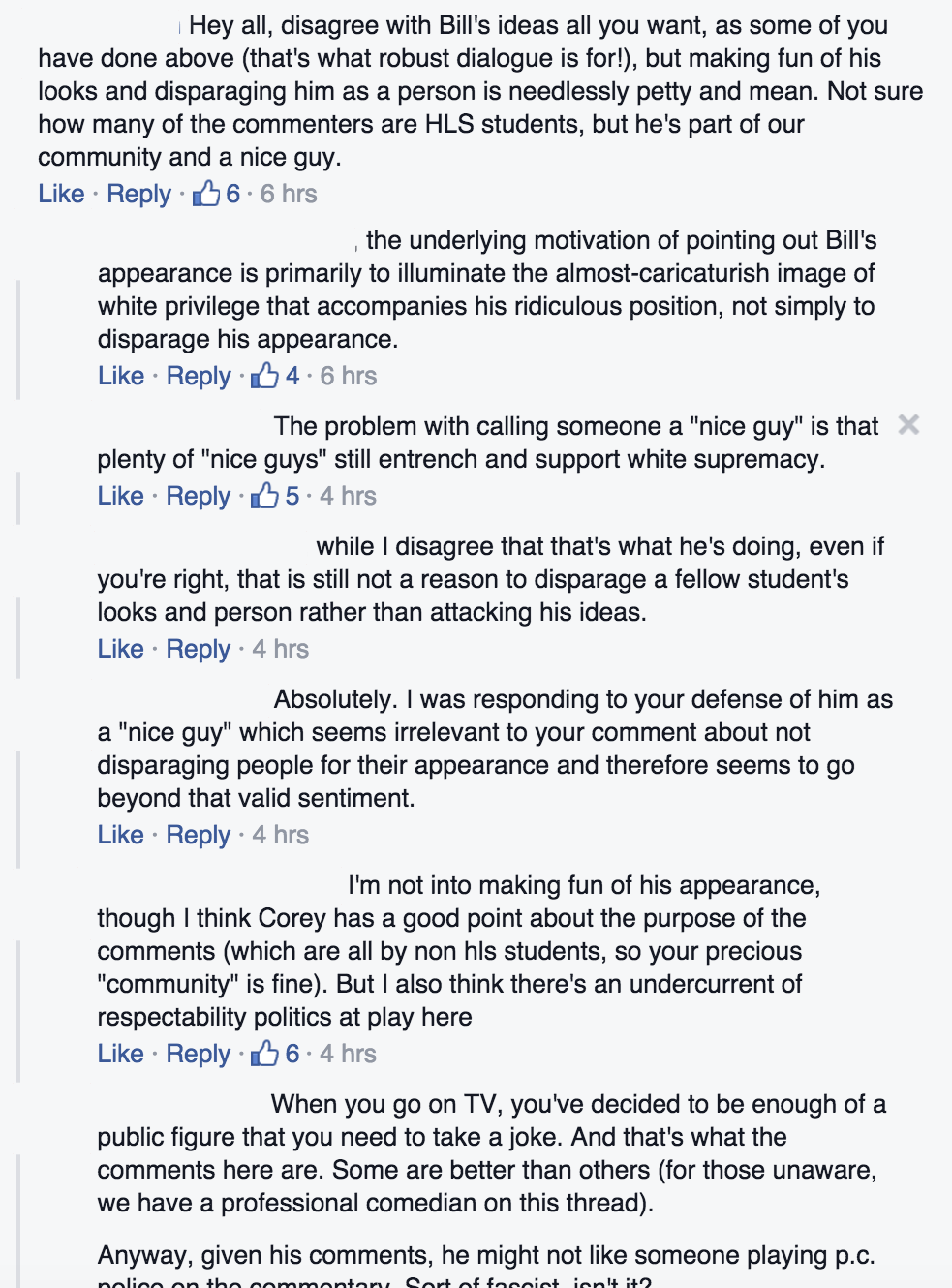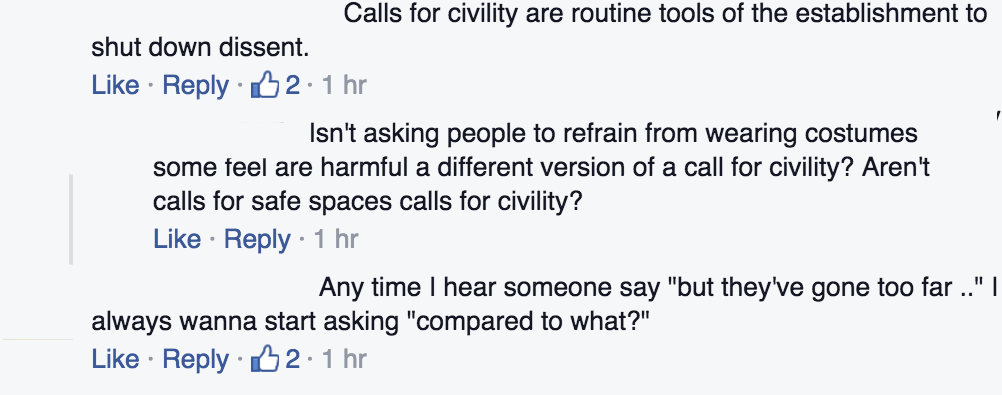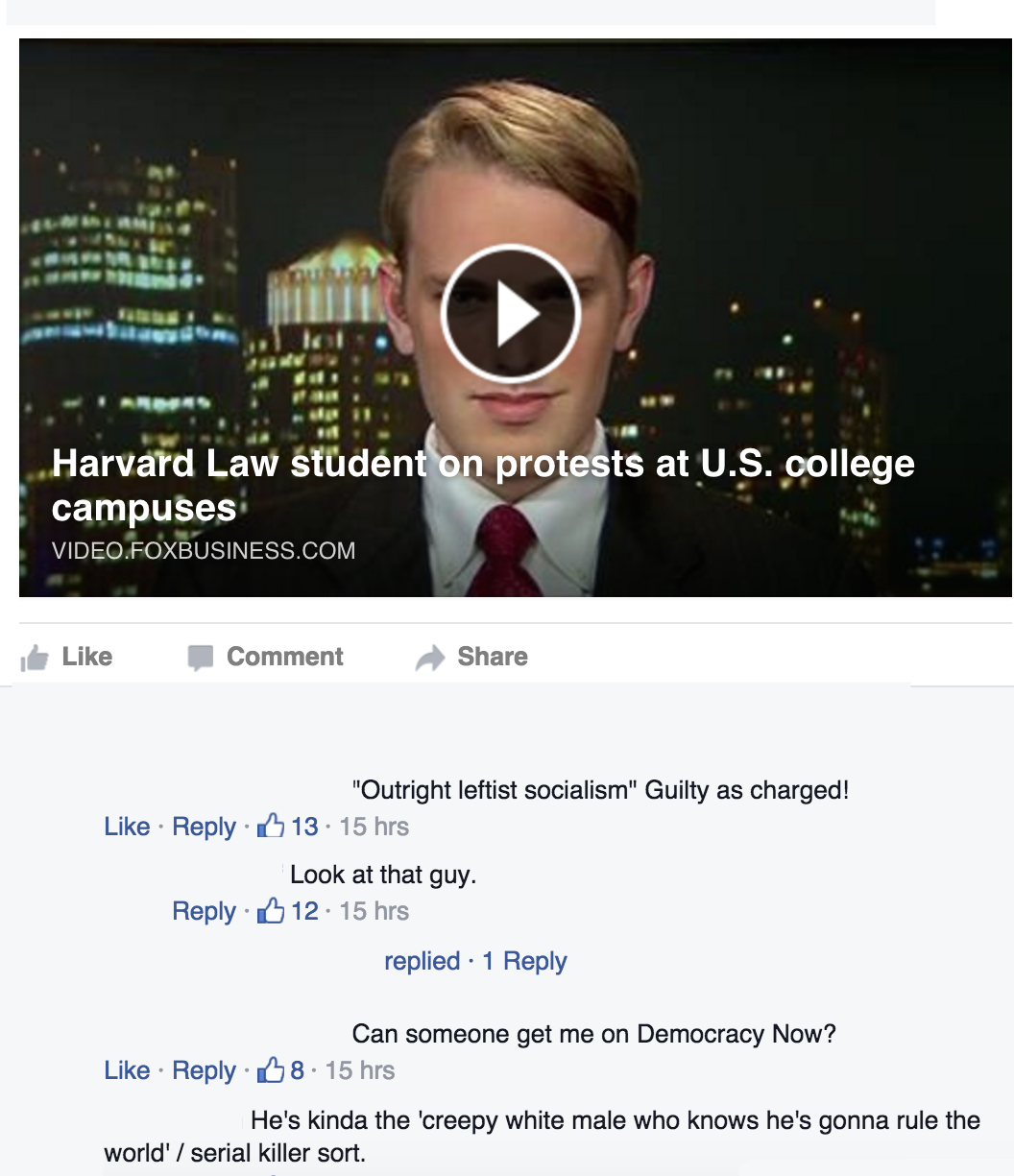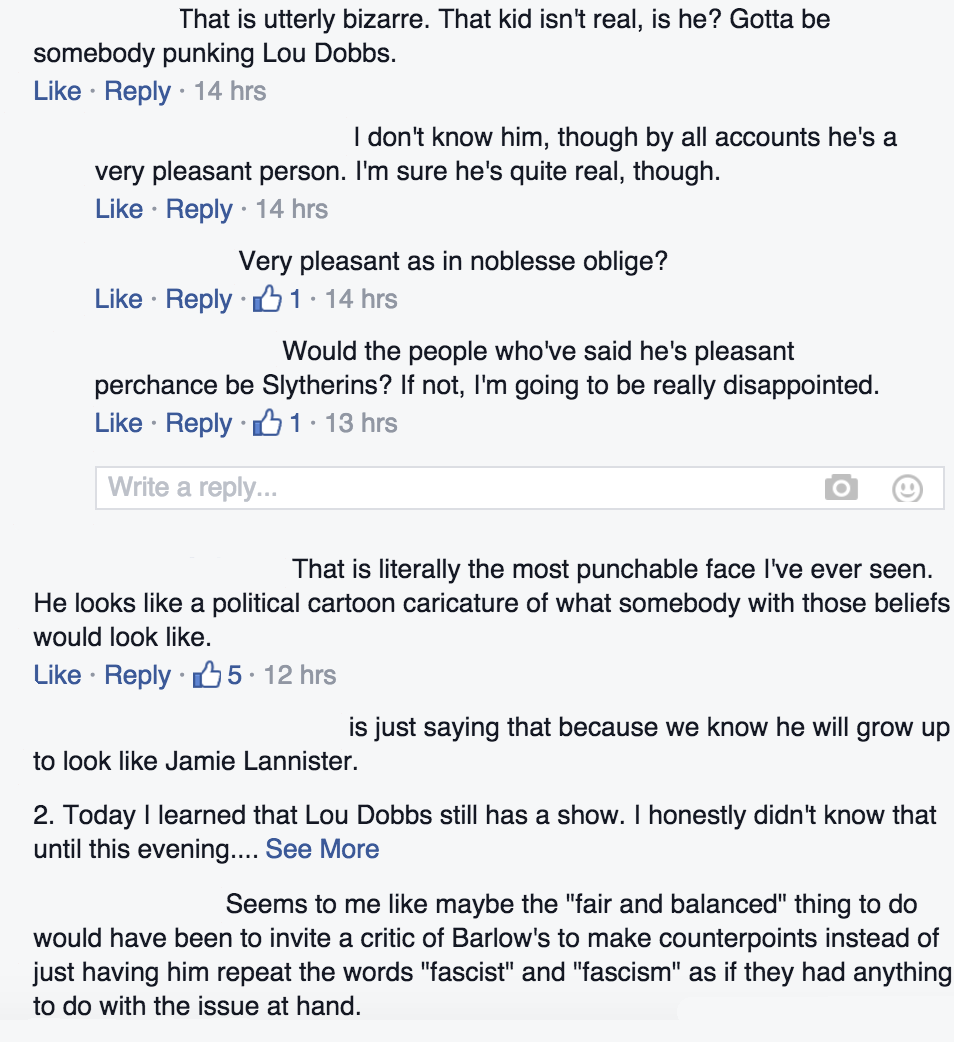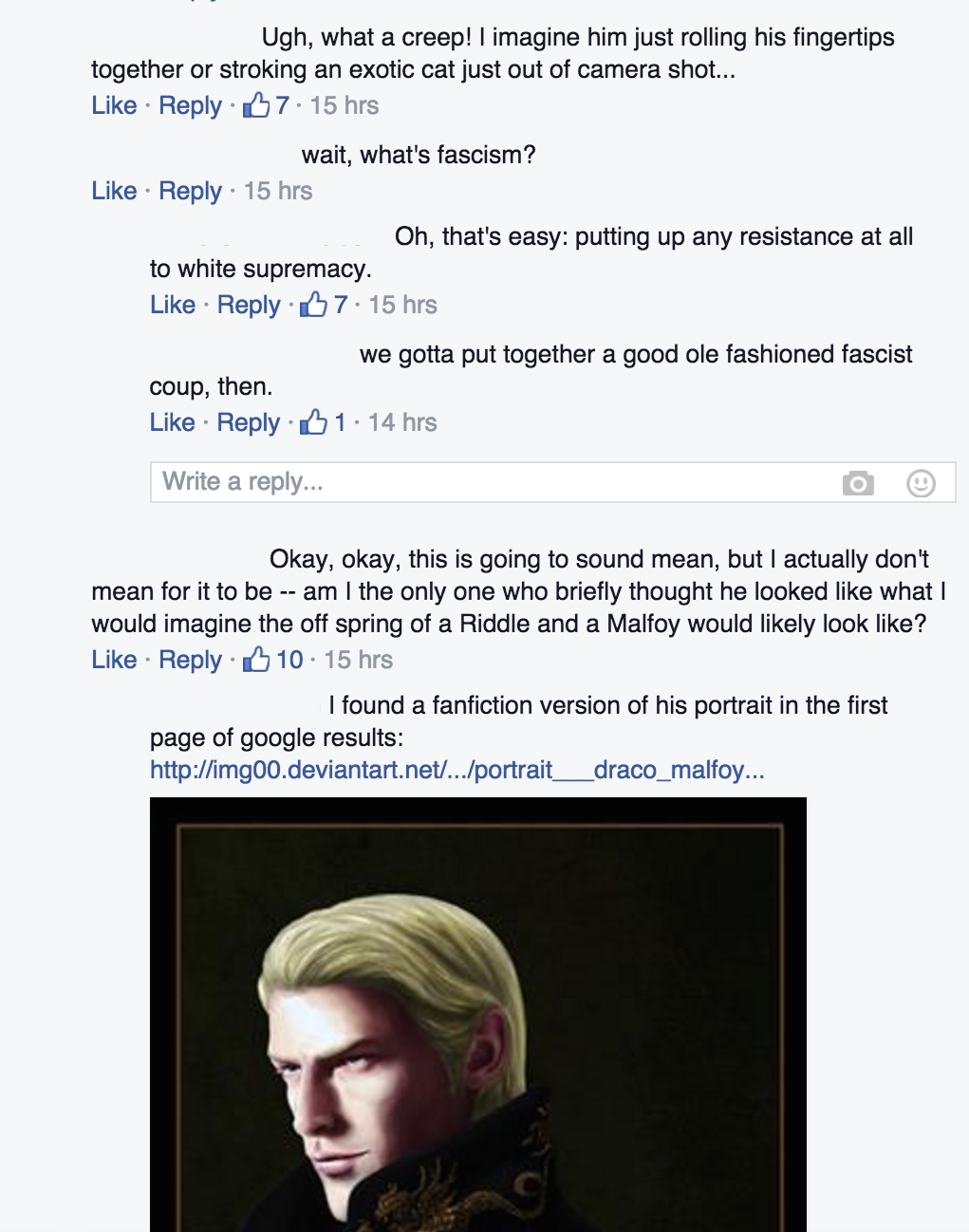People talking without speaking
People hearing without listening
People writing songs that voices never share
And no one dared
Disturb the sound of silence
Written in the aftermath of the JFK assassination, Simon and Garfunkel’s famous song, “The Sound of Silence” was rumored to describe Americans’ collective inability to communicate in the aftermath of that tragedy. Garfunkel later gave the song’s meaning as, “the inability of people to communicate with each other, not particularly internationally but especially emotionally, so what you see around you are people unable to love each other.”
We’ve heard a lot of the sound of silence on campus recently. In the aftermath of the tape incident with the portraits, one part of the campus seethes in outrage whereas another part is afraid to say, “I think that the protestors are being a bit unreasonable.” They’re afraid of being called racist, insensitive, or bigoted. Because they are afraid, they do not say anything at all.
Take, for example, the response to my article, “Fascism at Yale” which criticized some of the more extreme tactics of protestors. Instead of engaging on the substance of my arguments, several students took issue with the color of my skin. “I can’t with the white privilege here,” was one of the first responses. The student response article added, “This view seems to be getting a lot of uptake in the media and among a wide swathe of diverse sorts of (mostly) white people—young, Ivy-League white people; old puffy white people; white people who would be happy to explain why you’re wrong and they’re right.”
Things only got worse when a fellow classmate posted a video of my appearance on Fox News. “He’s the kinda creepy white male/serial killer sort” one comment read. Another said that I was “dressed and groomed as white privilege” and that I represented a “caricaturish image of white privilege.” I was accused multiple times of supporting white supremacy.
Do you understand why students are so afraid to speak their minds? It is not that we mind discussing race. It’s not that we mind introspecting on how “white privilege” may have influenced our perspective. We are afraid of being called a racist simply because we disagree.
Let us take a less insidious example. On November 23, the HLS Student Government sent out an email on behalf of the Affinity Group Coalition in response to the recent tape incident. In it, the Affinity Group Coalition addressed white students specifically:
To white allies, we recognize that this can be a time of questioning and confusion as to your roles and voices. There are many ways to be a good ally, but there is one thing that they all have in common: continue acknowledging your privilege. Ask how you can help, and listen to the answers you receive, even if they are just to be at a certain space to show support or to do nothing at all.
I do not think that the authors of this email intended any ill will towards white students, but in the process they have made it more difficult to have a frank discussion of race on campus. What if a white student disagrees with some of the protestors’ demands? Are they not being a “good ally” by not acknowledging their privilege? What if they disagree with the protestors’ tactics? Are they not being a “good ally” by not listening to directions to “be at a certain space” or “to do nothing at all?”
In some sense, I want to be a good ally. I want to end racism and suppression. I disagree with some of the demands of protestors across the country: racial quotas, mandatory classes, and revising speech codes. I also think that much of the anger directed against the school administrations have been misguided. That does not make me a racist. It makes me someone who also opposes racism, but who disagrees about the means.
So long as students are afraid of being branded as racists for expressing honest, dissenting viewpoints, we will not have the frank discussions about race that we need on campus. Our halls will remain silent with the beliefs people dare not express. This toxic atmosphere does not defeat racism. It represses dissenting views and ferments them in the bile of resentment. “Darkness cannot drive out darkness, only light can do that. Hate cannot drive out hate, only love can do that.”
Any meaningful dialogue must start with an invitation, so here it is. I disagree with the protests. I think that the protestors express strong anger but offer very few solutions. I think that changing the seal is a cosmetic solution, and is unlikely to bring about substantive change. I think that we have a campus environment that rewards students for expressing how offended they are. I think that that is an unhealthy environment.
I invite and encourage anyone to talk to me. If you disagree with what I’ve said, then let’s talk about why. Feel free to reach out to the editors of the Record for my contact information. But please, don’t call me a racist simply because I disagree with you.
Bill Barlow is a 3L at Harvard Law School.


